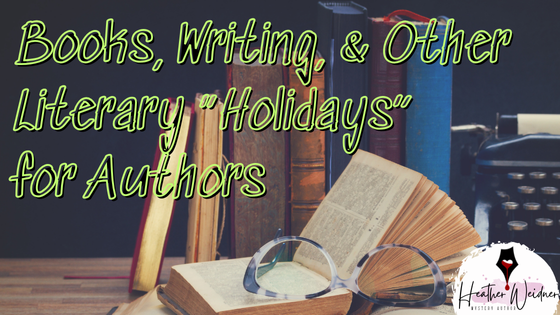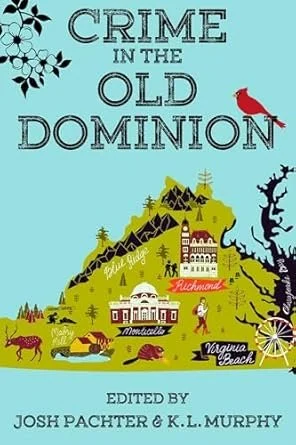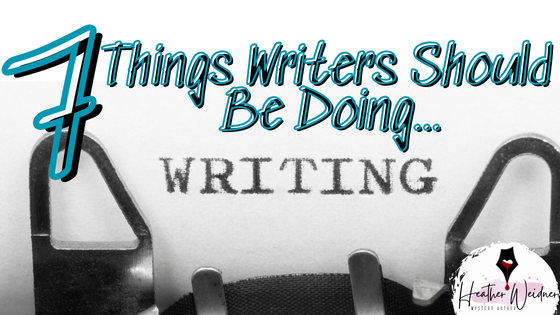Find Your Crew
/Lots of studies have been done recently that show the importance of connecting with others. Just Google the topic. There is an overwhelming number that show how we’ve become disconnected in the post-Covid, social media world. Writers need to pay attention to this. You need a team to help you with ideas, celebrations, and support through the bumpy times.
My advice to writers at any stage of their career is to find those people. It may be writing partners, a critique group, a writing organization, or a group chat with other writers. Regardless of whether you are online or in-person, you need to interact regularly with others.
Joining a writing group at the beginning of my journey was the best investment I made. I joined my national and local chapter of Sisters in Crime and James River Writers. I was fortunate that both had in-person as well as online programs.
Writing organizations offer wonderful programs, training, and meet and greet activities. When I had questions about agents, querying, publishers, there was always someone there who was willing to share their time and expertise. I have found critique groups, writing partners, and many many valuable contacts.
I also had my first publishing credit for a short story that was accepted into an anthology. I learned about editing, revising, following guidelines, and submitting work for publication.
The publishing business is like no other, and it is beneficial to be able to talk to people who understand the experience.
No matter what stage of your writing career you’re in, my recommendation is to find a group of writers to share the joy and provide support when there are road bumps.





























